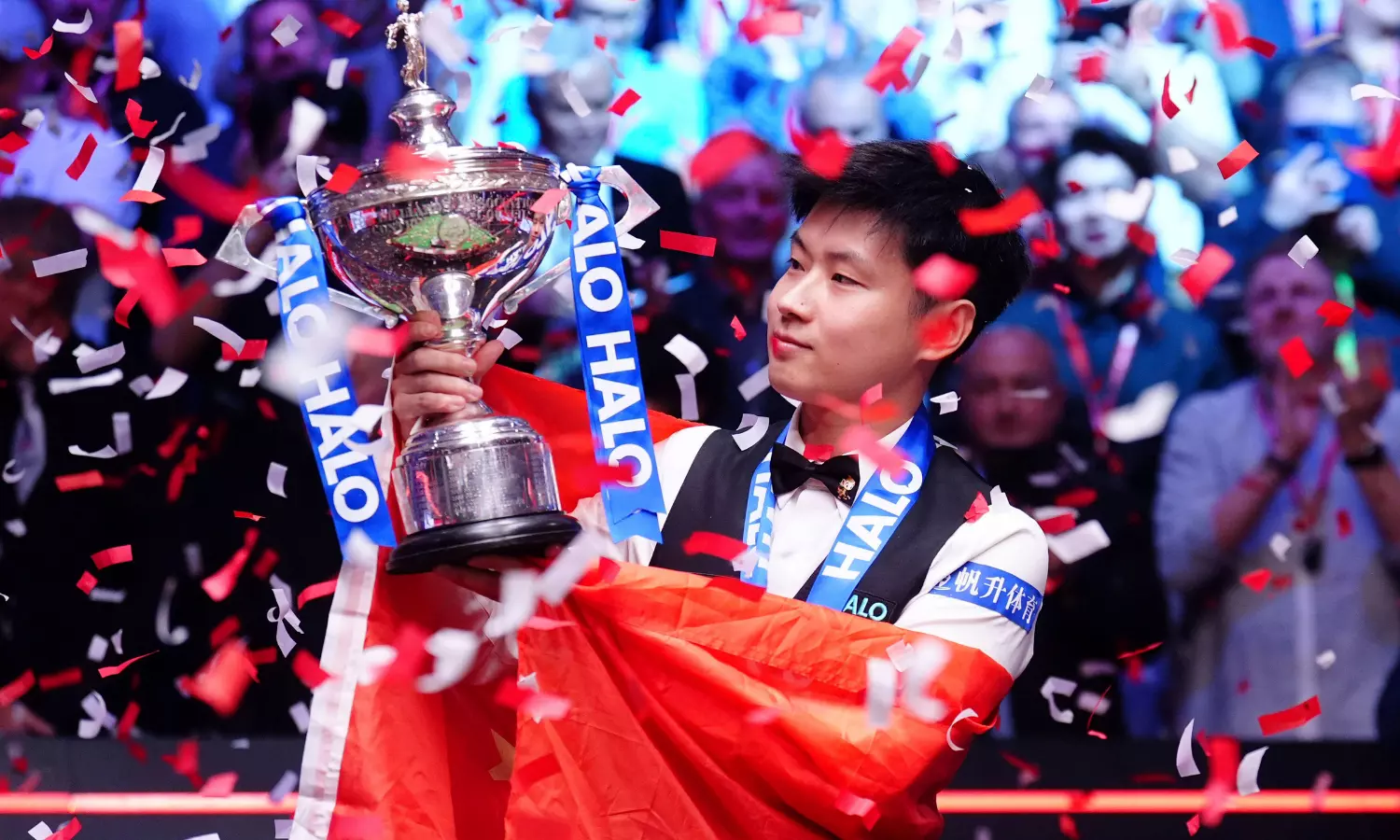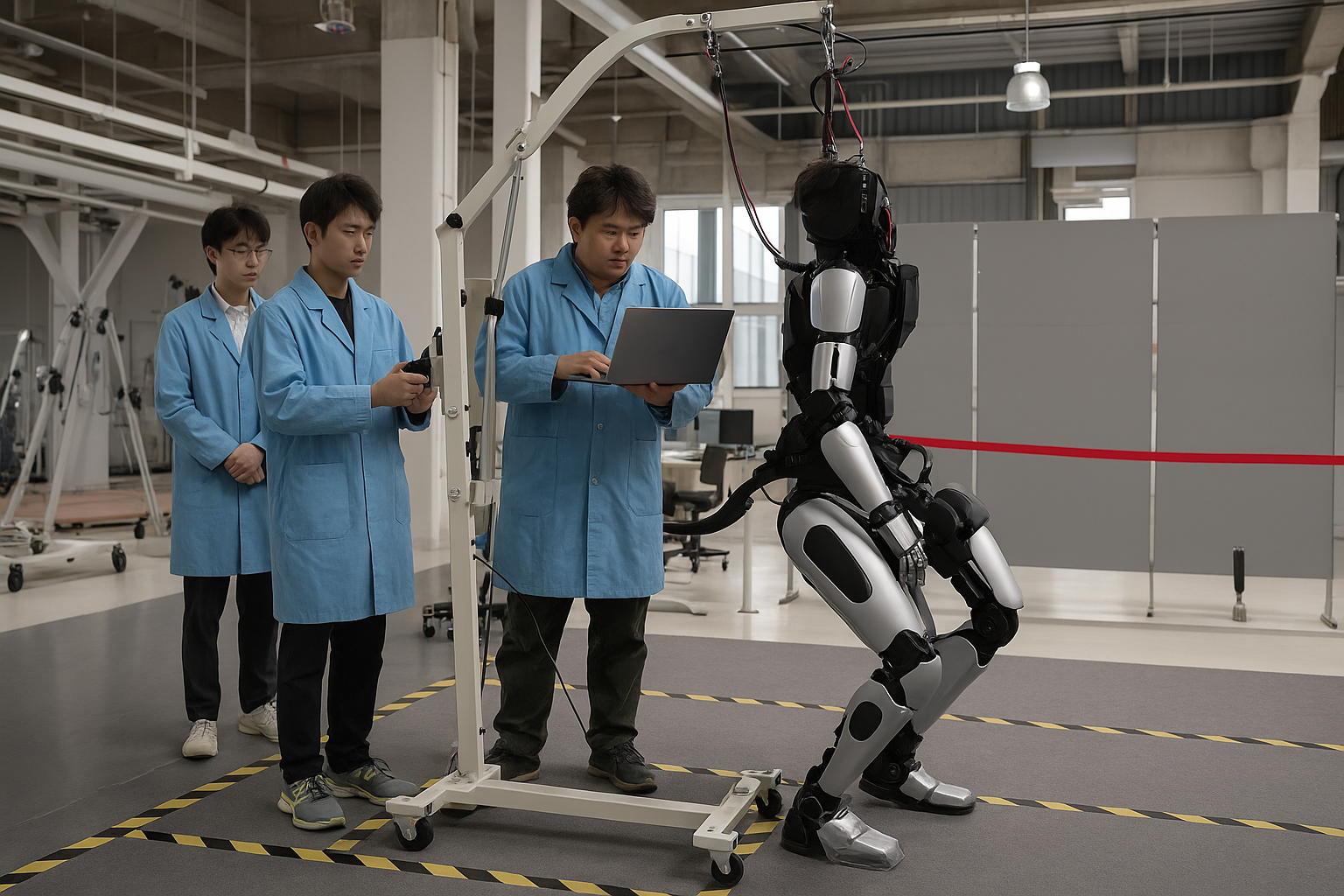South Korea’s New President Lee Jae-myung Vows Democratic Revival and Economic Overhaul
South Korea’s new President, Lee Jae-myung, has pledged to restore democratic institutions and confront urgent economic challenges after a landmark victory in Tuesday’s snap election. In his inauguration address on Wednesday, Lee committed to leading the country out of political and economic turmoil triggered by a failed martial law attempt under his predecessor, and to addressing global protectionist trends threatening South Korea’s export-driven economy.
A Decisive Win and a Mandate for Change
Lee’s election signals a significant political shift in Asia’s fourth-largest economy. His liberal Democratic Party returned to power after the downfall of former President Yoon Suk Yeol, whose tenure ended prematurely amid a national backlash against his failed martial law decree. Lee secured 49.42% of nearly 35 million votes, defeating conservative candidate Kim Moon-soo, who received 41.15%, in the highest-turnout presidential election since 1997.
Democratic Renewal After a Political Crisis for South Korea’s New President
At the National Assembly—where he once dramatically scaled a wall to avoid martial law troops—Lee took his oath of office, vowing to rebuild democratic trust and institutions. He described his administration as “pragmatic and pro-market,” with plans to reduce regulation, foster innovation, and stimulate economic growth.
Economic Revival Amid U.S. Trade Pressures
Lee declared economic revitalization a top priority, particularly relieving the cost-of-living burden for low- and middle-income citizens and supporting small businesses. Financial markets responded with optimism, as the benchmark index rose more than 2%, buoyed by expectations of regulatory reform and investment in renewable energy.
One of Lee’s first major challenges will be renegotiating tariffs with U.S. President Donald Trump, whose protectionist policies have impacted key South Korean industries such as steel and automobiles. Analysts warn this issue could define the early phase of his presidency.
Balancing Diplomacy and Regional Security
Lee pledged to maintain strong ties with the United States while reopening dialogue with North Korea. Emphasizing diplomacy over confrontation, he said, “It is better to win without fighting than to win in a fight.” He also expressed a pragmatic stance toward China, calling it an essential trading partner, though he stopped short of taking sides in rising Taiwan Strait tensions.
As South Korea’s new President, Lee Jae-myung faces a complex agenda—rebuilding democratic governance, stabilizing the economy, addressing trade frictions with the U.S., and navigating delicate regional diplomacy. His leadership will be closely scrutinized, both domestically and internationally.











